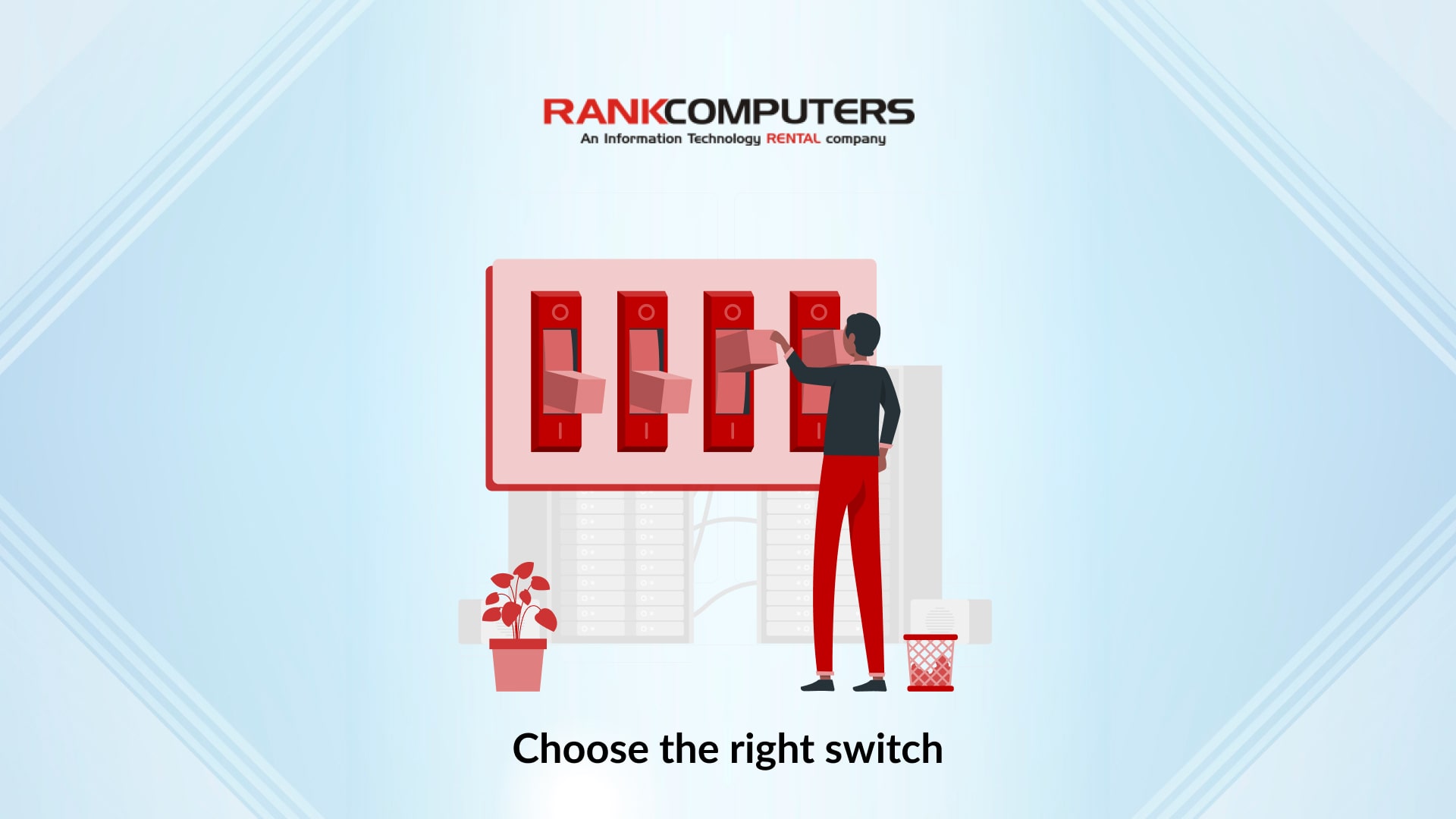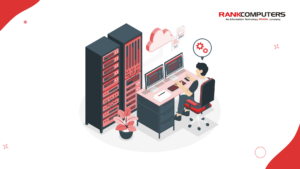As businesses continue to grow, so do their networking needs. Switches are a critical component of any network infrastructure and play a vital role in connecting devices, facilitating communication, and ensuring data transfer. With the vast array of switches available, selecting the right one for your specific networking needs can be a daunting task. In this blog, we’ll help you choose the right switch for your network.
Determine the size and complexity of your network
Before selecting a switch, it is essential to determine the size and complexity of your network. Consider the number of devices that need to be connected and the bandwidth requirements. A small network with only a few devices may only require a basic unmanaged switch, while a larger network with more complex requirements may need a managed switch with advanced configuration options.
Understand the different types of switches available
There are three main types of switches available: unmanaged switches, managed switches, and smart switches.
- Unmanaged switches are the most basic and have no configuration options, making them ideal for small networks with limited requirements.
- Managed switches offer advanced configuration options, including security and QoS features, making them suitable for larger and more complex networks.
- Smart switches are a hybrid of the two and offer basic management features, making them ideal for small to medium-sized networks.
Consider the number and speed of ports
When choosing a network switch, it’s important to consider the number and speed of ports required. The number of ports needed will depend on the number of devices on the network, while the speed of the ports will depend on the bandwidth requirements of the devices. Switches come with different port speeds, ranging from Fast Ethernet to Gigabit Ethernet to 10 Gigabit Ethernet, and the number and speed of uplink ports should also be taken into account. Properly considering the number and speed of ports will ensure that the switches can handle the network’s bandwidth requirements and provide adequate connectivity.
Check for PoE support
PoE (Power over Ethernet) support is an important factor to consider when choosing a network switch. PoE allows devices such as wireless access points, IP cameras, and VoIP phones to receive power and data over a single Ethernet cable, which simplifies installation and reduces costs. It’s important to check the specifications of the switch to see if it supports PoE, and to determine the required power for the devices being used. Additionally, it’s worth checking if the switch supports PoE pass-through, which allows PoE switches to supply power to other switches that don’t have PoE support.
Look for advanced features
When choosing a network switch, it’s important to consider advanced features that can help optimize network performance, enhance security, and provide greater flexibility and control. Some advanced features include VLANs, QoS, link aggregation, SNMP, port mirroring, Layer 3 routing, and multicast support. These features can help you to segment your network, prioritize traffic, increase bandwidth, remotely manage devices, troubleshoot issues, and more efficiently distribute data to multiple recipients. Choosing a switch with the right advanced features can greatly impact the functionality and performance of your network.
Consider your budget
Budget consideration is an important factor when choosing a network switch. The cost of a switch can vary widely depending on the size, complexity, and advanced features it offers. It’s important to consider not only the upfront cost of the switch but also any ongoing maintenance or upgrade costs. It may be tough to buy a switch as it is expensive so in order to save money, you can opt for rental services as it is cost efficient.
Choose a reputable vendor
If you are choosing to rent switches for your network, it’s important to choose a reputable vendor. Look for a vendor that has a proven track record of delivering high-quality equipment and providing excellent customer service. In this instance, Rank Computers has got you covered. With Rank Computers, you can rent high-quality switches for your network without the hassle of maintenance and installation while saving you money.
Conclusion
In conclusion, choosing the right switch is crucial for optimizing network performance, scalability, and security. IT professionals must carefully assess their network needs, consider the number and speed of ports, look for advanced features, check for PoE support, and keep budget considerations in mind. By making an informed decision, IT professionals can ensure that their network infrastructure is well-equipped to handle current and future demands and meets the needs of their organization.



